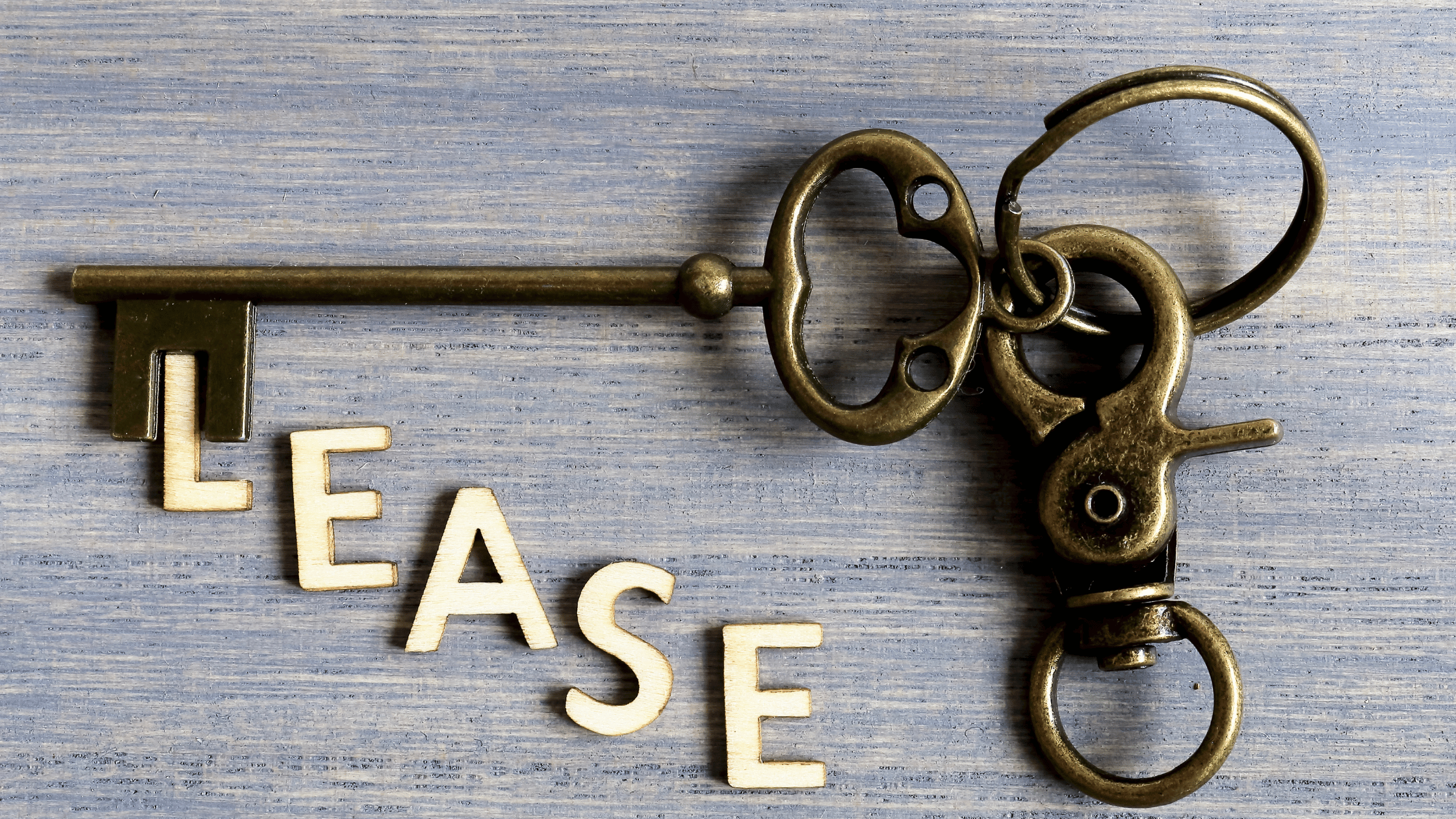Extending the lease can provide security and increase the property’s value. A lease extension is the legal process that allows leaseholders of residential properties to extend the length of their lease agreement with the landlord. This typically applies to leasehold properties, where the leaseholder owns the property for a fixed period of time. The process involves negotiating terms, including the length of the extension and any associated costs, such as a premium to be paid to the landlord. It is highly recommended that a specialist lease extension surveyor is engaged to provide a realistic valuation for the premium which uses a specific calculation.
Reaching an agreement with the landlord is usually preferable, as it can save time, money, and stress for all involved parties. Where an agreement is reached, this is often referred to as a ‘voluntary lease extension’, no notice is required and the lease extension process proceeds unhindered.
If agreement cannot be reached with the landlord it may be necessary to serve a Section 42 Leasehold Reform Notice, which is served by a leaseholder on the landlord to initiate the process of extending their lease under the Leasehold Reform, Housing and Urban Development Act 1993 (as amended). This is often referred to as a ‘statutory lease extension’.
The Notice
The formal Section 42 Notice is a legally prescribed notice that must be served by the leaseholder on the landlord to formally express their intention to extend the lease of their property. It typically includes essential information such as the address of the property, details of the lease, proposed terms for the lease extension (including the desired length of the new lease), and any initial proposed premium. The leaseholder must wait two years from the purchase of their leasehold property before able to serve a Section 42 Notice.
Serving a Section 42 Notice triggers the statutory process for lease extension, providing the landlord with a timeframe within which they must respond and engage in negotiations. The landlord has the right to request their own valuation and can either accept the terms proposed in the notice or negotiate alternative terms.
What if we can’t agree the Premium?
If the parties cannot agree on the premium for the lease extension, there are several options available:
- Negotiation – both parties may continue negotiating until they reach a mutually acceptable premium. This could involve compromise from both sides;
- Mediation – a neutral third party facilitates discussions and helps the parties find a resolution. Mediation can often be a less expensive and more amicable alternative to litigation;
- First-tier Tribunal (FTT) – If negotiations and/or mediation fail, or the timescale within which agreement must be reached is close to expiring, either party can apply to the FTT for an independent determination of the premium. The FTT will assess the property’s value and other relevant factors to determine a fair premium.
- Court – As a last resort, either party can take the matter to court. However, this can be costly and time-consuming, so it’s typically avoided if possible. The court will make a binding decision on the premium based on evidence presented by both parties.
Lenders
If you have a mortgage on your property, it may be necessary to obtain a Deed of Substituted Security from the lender. Each lender is different and has different requirements, there may be a cost involved in obtaining the same from your lender.
Costs
The leaseholder is responsible for the landlord’s costs of the lease extension process as well as their own, this includes surveyor’s and legal fees and of the lender (if applicable).
For any advice related to lease extensions or any issues regarding property disputes do not hesitate to contact me on caroline.knowles-ley@cognitivelaw.co.uk or call on 01243 943203.
For more information on our Property Litigation services please click here.
